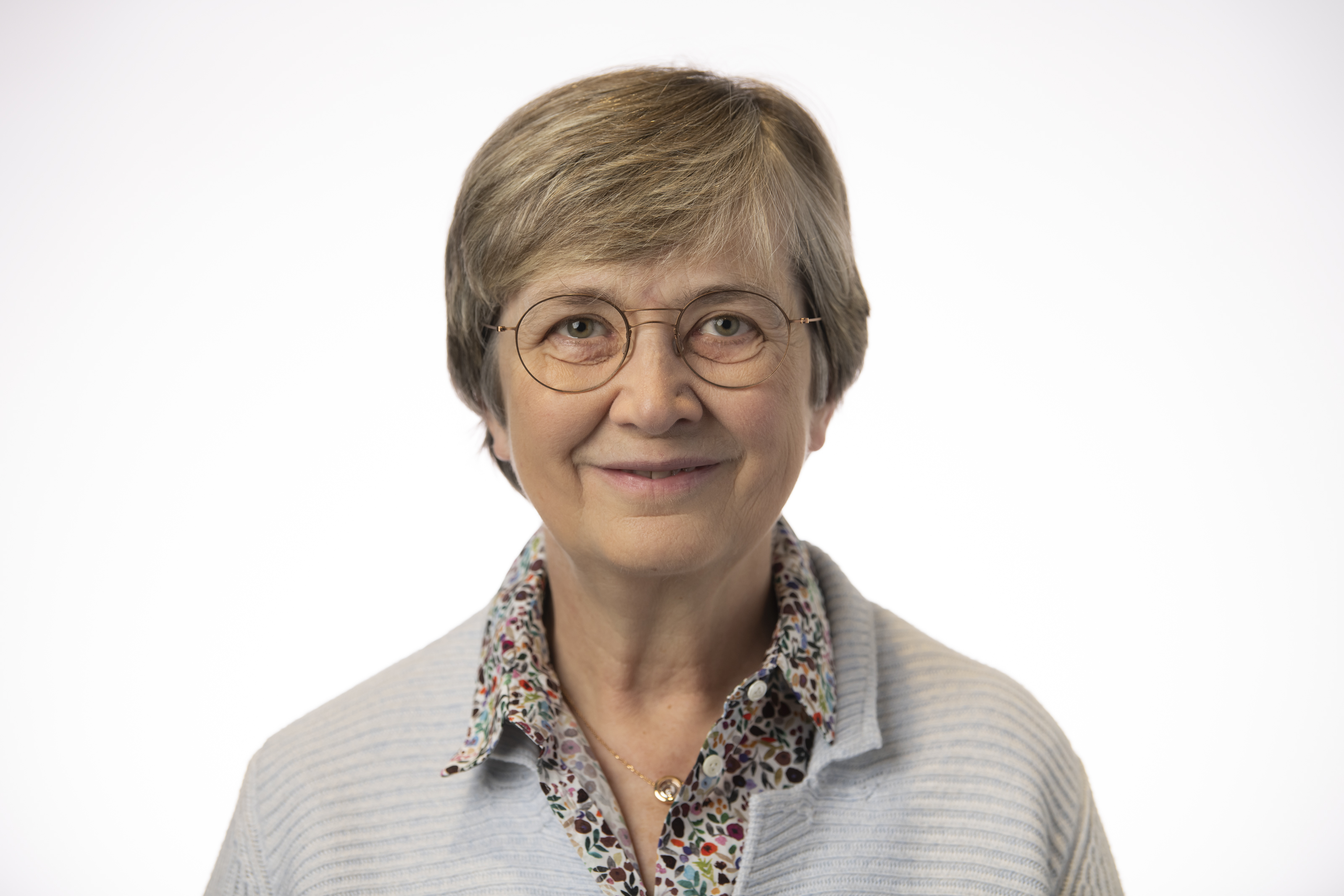This session will explain how keratoconus patients are dealt with in a university centre.
When a new patient presents, we will inform him / her about the possibilities of UV crosslinking to stabilize the disease. In this session, examples will be provided of progressive keratoconus and the results of crosslinking in these patients. In addition, we explain to the patient that he / she should not rub the eyes because this is a very important factor that might affect cone progression.
Integrated care in collaboration with the optometrist ensures that the patient is given all options for vision correction: from optimally adjusted glasses to the most complex contact lens correction. For each individual patient we look for the best combination of vision improvement and comfort and for this we use the full range of specialty lenses: soft, hybrid, corneal and scleral. In our experience, soft and hybrid lenses do not live up to expectations. Rigid lenses, both corneal and scleral, remain the most commonly used lenses. Before proceeding with transplant surgery, the ophthalmologist must make sure that a contact lens fitting is no longer providing stable and good quality vision. For the severe forms of keratoconus, the use of scleral lenses helps us to limit the percentage of patients requiring surgery to a few percent at most.
As far as refractive surgery (laser, rings and implant lenses) is concerned, the application is rather limited to rather mild forms of keratoconus, whether or not in combination with cross-linking. In addition, the predictability of the results is problematic and complications are not rare.
CPD
CPD ref C-109125. A CPD certificate will be sent to all webinar attendees who:
a) Attend the webinar for the full duration (60 minutes).
b) Answer all live polling questions.
CPD certificates will be emailed within 10 days of the live webinar to all attendees who fulfil the above criteria.
HOW TO REGISTER
This webinar is open to both BCLA members and non-members.
You will be redirected to Zoom to complete your webinar registration. If you need help with your registration, please contact [email protected].

SPEAKER
 Prof. Carina Koppen is chief of the department of Ophthalmology in the Antwerp University Hospital (UZA) and chair of Ophthalmology at the Faculty of Medicine and Health Sciences, University of Antwerp (UA). Her clinical work and research initiatives are centered on medical and surgical aspects of diseases of the cornea and ocular surface. She defended her PhD on keratoconus, contact lenses and crosslinking in 2012. She has founded the hospital’s cornea and amniotic membrane bank and now assumes the role of medical director. She is co-chief investigator within the framework of the BEST Cornea study comparing two corneal transplant techniques in a pragmatic multi-center trial. Within the department of translational neurosciences she is the lead for two research groups: the Antwerp Research Group for Ocular Science (ARGOS) – focusing on corneal regeneration through tissue engineering and cell therapy - and the Visual Optics Lab Antwerp (Volantis) – concentrating on optics of the cornea and eye modelling.
Prof. Carina Koppen is chief of the department of Ophthalmology in the Antwerp University Hospital (UZA) and chair of Ophthalmology at the Faculty of Medicine and Health Sciences, University of Antwerp (UA). Her clinical work and research initiatives are centered on medical and surgical aspects of diseases of the cornea and ocular surface. She defended her PhD on keratoconus, contact lenses and crosslinking in 2012. She has founded the hospital’s cornea and amniotic membrane bank and now assumes the role of medical director. She is co-chief investigator within the framework of the BEST Cornea study comparing two corneal transplant techniques in a pragmatic multi-center trial. Within the department of translational neurosciences she is the lead for two research groups: the Antwerp Research Group for Ocular Science (ARGOS) – focusing on corneal regeneration through tissue engineering and cell therapy - and the Visual Optics Lab Antwerp (Volantis) – concentrating on optics of the cornea and eye modelling.
Over the past 7 years she has been the promotor of 10 PhD-students and is currently the supervisor of 12 PhD-researchers. At the present time, she is the PI for the FWO-Excellence of Science grant for “Artificial Lithographic Model for Corneal Drug Screening” that is aiming to develop a cornea-on-chip model and PI for the MARIE SKLODOWSKA-CURIE Innovative Training Networks (ITN) project “Opto-Biomechanical Eye Research Network”. Prof. Koppen is the president of the European Contact Lens Society of Ophthalmologists (ECLSO), board member of EuCornea and president of the Academia Ophthalmologica Belgica (AOB).